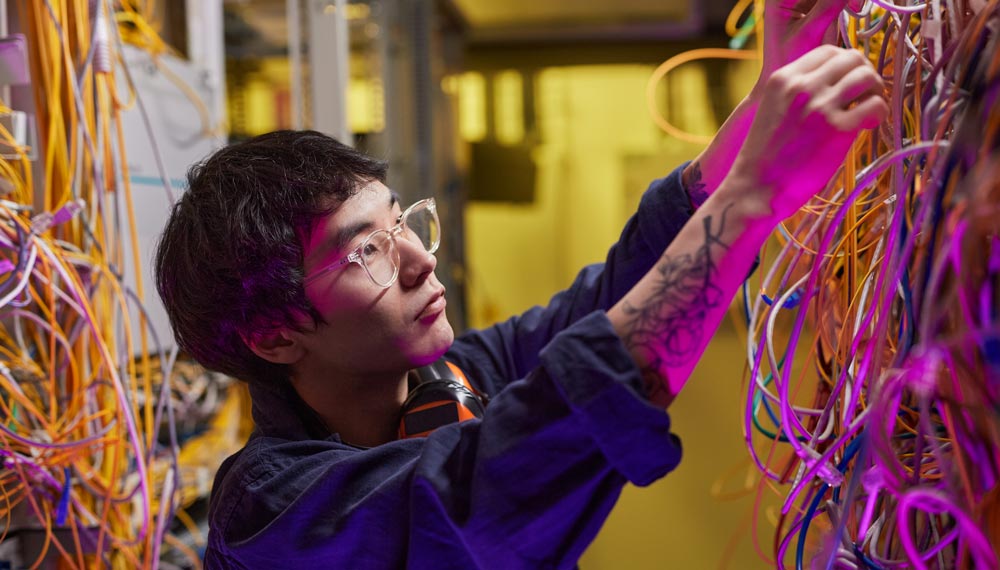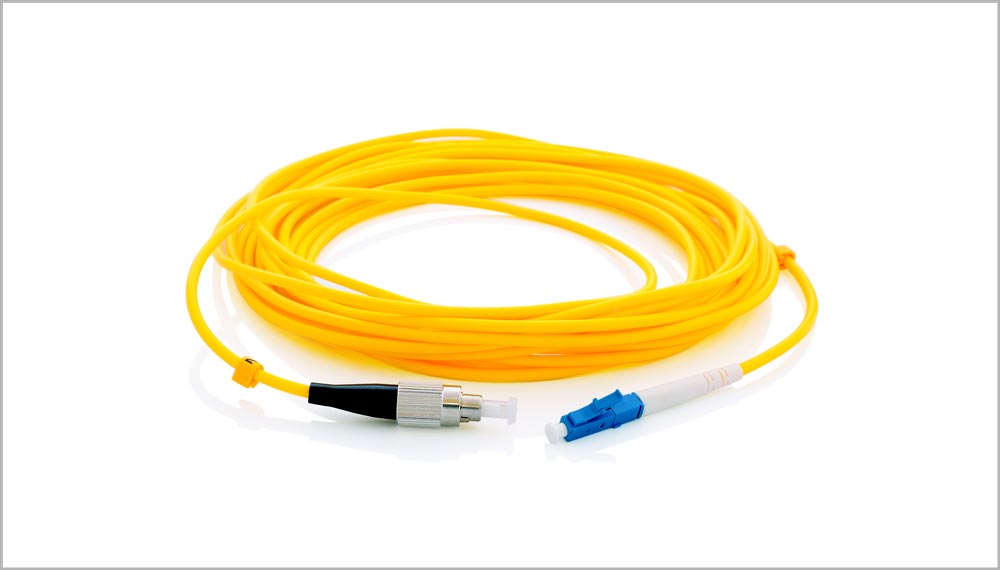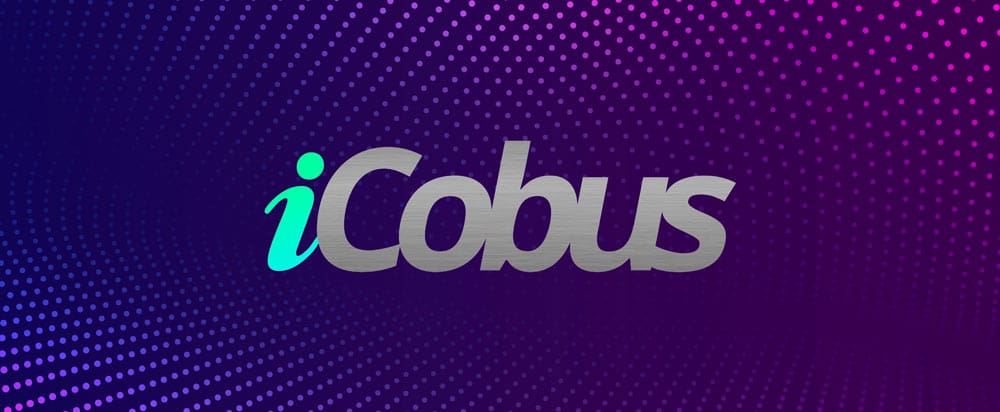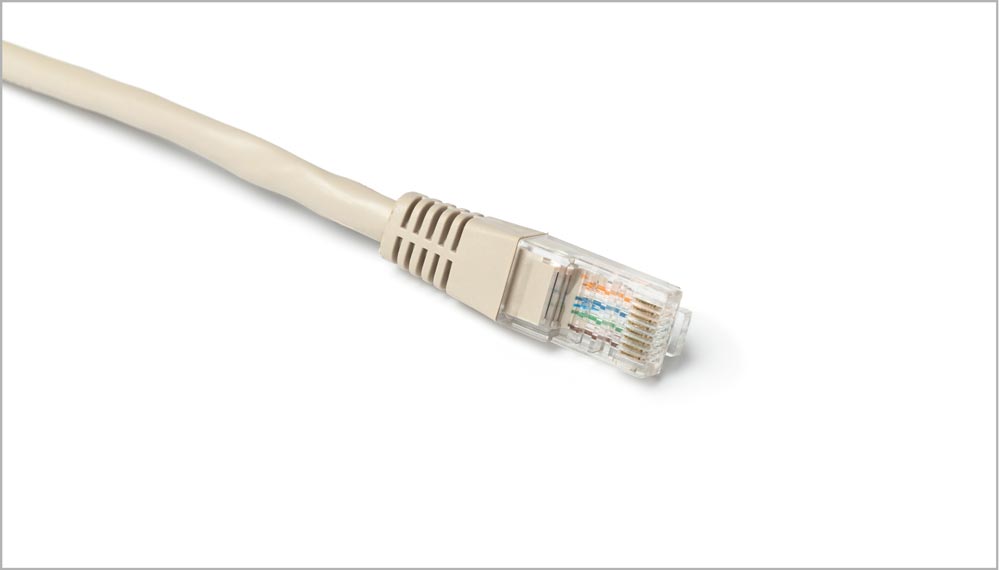In recent years, we have seen a remarkable surge in the role of technology across all sectors. Our modern era is characterised by an accelerated digital transformation, paving the way for an unprecedented level of interconnectedness. As we navigate this new landscape, the demand for professionals specialising in Information and Communications Technology (ICT) has grown exponentially.
The ICT ecosystem, integrating the realms of infrastructure, telecommunications, and IT services, sits at the heart of our digital shift. It is in this rapidly evolving field that Data Cabling Engineer jobs have emerged as key professional roles, critical in meeting our growing reliance on robust data communication systems.
Data Cabling Engineers form the bedrock of our digital world. Their specialised knowledge and skill sets enable the smooth operation of the essential technologies we interact with daily. From facilitating high-speed internet connections to orchestrating intricate data networks in commercial settings, their work is integral to our current societal framework.
As we delve deeper into Data Cabling Engineer jobs and their value, we will uncover their significance in the broader ICT landscape and understand their fundamental contribution to contemporary digital infrastructure projects. Their work, though often behind the scenes, is vital to the maintenance and progression of our connected world.
Understanding the Data Cabling Engineer Jobs

A Data Cabling Engineer is a specialist who designs and instals the network of cables that allow for data transfer in various environments. Their work forms the backbone of all digital communication, enabling a seamless flow of data that drives the technological capabilities of numerous sectors.
The tasks and responsibilities of Data Cabling Engineer jobs are diverse, reflecting the complexity of their role:
- Installation, Testing and Termination of Data Cables: One of their primary responsibilities involves the on-site installation, testing, and termination of various types of data cables, such as Cat 5e, 6 & 6a copper cabling, and fibre optic cabling.
- Containment Installation: They must be skilled in containment installation for different cable types, including the use of steel wire cable tray, metal conduit, plastic conduit, and plastic trunking.
- Troubleshooting and Rectification: Often called upon to troubleshoot and rectify on-site issues, this requires a comprehensive understanding of network infrastructure and effective collaboration with other team members.
- Interpreting Architectural Drawings and Job Packs: Their role necessitates the ability to read and understand architectural drawings and job packs, guiding the scope and specifications of their work.
- Utilising Specialist Tools and Equipment: Their expertise with specific tools, such as the Fluke DSX series testers, is crucial for verifying the integrity and efficiency of data installations.
The application of a Data Cabling Engineer’s skills spans a range of sectors:
- Retail: Their expertise supports secure and effective point-of-sale systems.
- Education: Stable data networks vital for research and learning are facilitated by their work.
- Commercial and Government: In both the private and public sectors, the contributions of Data Cabling Engineers ensure the smooth running of daily operations and services.
The Technicalities of Data Cabling Engineer Jobs
At the core of a Data Cabling Engineer’s work are various types of data cables, each possessing unique characteristics and applications. Let’s delve into these cables and some critical aspects of a Data Cabling Engineer’s role.
Cat 5e, 6 & 6a Copper Cabling
Category 5e (Cat 5e), Category 6 (Cat 6), and Category 6a (Cat 6a) are standardised twisted pair cables used for Ethernet and other network physical layers. These cables are backwards compatible and differ mainly in their data transmission speed and bandwidth. For instance, Cat 5e supports up to 1 Gigabit per second (Gbps) at 100 MHz for up to 100 meters. In contrast, Cat 6 supports communications at more than twice the speed of Cat 5e, and Cat 6a doubles the capability of Cat 6 cables, supporting data transfer rates up to 10 Gbps at 500 MHz for up to 100 metres.
Fibre Optic Cabling

Fibre optic cables offer a significant step up from copper cables. They use light instead of electrical signals to transmit data, which makes them less susceptible to interference and able to carry signals over much longer distances. These cables are often used for high-speed data networks, telecommunications, and broadband internet connections.
The installation, testing, and termination processes are crucial to ensuring that a cabling system is correctly set up and performs to the desired standards. Installation involves correctly laying and securing cables according to detailed plans. Testing is done to verify the functionality and efficiency of the cables, checking for potential faults or issues. Termination refers to correctly finishing a cable’s end so it can connect to a device. These processes require adherence to strict industry standards to ensure optimal data transmission.
A Data Cabling Engineer utilises specialist tools and techniques to carry out their duties effectively. For instance, Fluke DSX series testers are used extensively for cable testing. These devices help to verify if a cabling installation complies with industry standards by checking parameters such as near-end crosstalk (NEXT), return loss, and wire map. The use of such tools is vital for ensuring a network’s reliability and performance.
Understanding and working with these technical aspects is key to a Data Cabling Engineer’s role, ensuring that they can successfully create robust, efficient, and reliable data networks across a wide range of sectors.
The Importance of Data Cabling Engineers in ICT Infrastructure Projects

Data Cabling Engineers are the unsung heroes of the Information and Communications Technology (ICT) world. Their expertise and skill set are fundamental in building and maintaining robust data communication systems that allow businesses, educational institutions, and government agencies to operate efficiently in an increasingly digital world.
The success of any ICT infrastructure project relies heavily on the design and implementation of its underlying data-cabling system. It is these intricate networks of copper or fibre optic cables that facilitate communication between various devices and servers, essentially enabling the sharing and transfer of data. This is where Data Cabling Engineers come in.
Designing Efficient Data Communication Systems
Data Cabling Engineer jobs include designing data cabling systems that meet the unique needs of each client. They must consider several factors, including the client’s data transmission requirements, the physical layout of the premises, and future scalability. An optimally designed system will not only meet the current needs but will also accommodate growth and technological advancements, preventing premature obsolescence.
Installation and Testing
Once the design phase is completed, Data Cabling Engineers meticulously install the cabling infrastructure, following the design specifications to the letter. They test the newly installed system using advanced tools such as the Fluke DSX series testers to ensure that the system meets all performance requirements and industry standards.
Maintenance and Troubleshooting: Even after a successful installation, Data Cabling Engineers play a crucial role in maintaining the system. They perform regular checks and troubleshooting, identifying potential issues before they cause significant problems. This proactive approach helps to maintain the overall health of the data communication systems, thereby ensuring uninterrupted service.
Project Success
A well-designed and properly maintained data cabling system can significantly contribute to the success of ICT infrastructure projects. It forms the basis of all digital communications within an organisation, impacting everything from internal communications to customer interactions. Therefore, the expertise of Data Cabling Engineers is indispensable, and their work is fundamental to the seamless operation of modern enterprises.
Data Cabling Engineer jobs’ role extends far beyond the physical act of laying cables. Their expertise and skills have far-reaching impacts on the operation and success of ICT infrastructure projects, marking them as key players in the ever-evolving digital landscape.
Navigating the Career Path: Skills and Qualifications
Becoming a proficient Data Cabling Engineer is not solely about understanding the different types of cables or mastering the use of tools like Fluke DSX series testers. It requires a comprehensive set of technical skills, qualifications, and personal attributes. Let’s look at the key skills and qualifications that aspiring or practising Data Cabling Engineers need to develop, as highlighted in the job posting.
- Technical Skills: At the very core, Data Cabling Engineers must possess a profound understanding of Cat 5e, 6 & 6a copper cabling and fibre optic cabling installation, testing, and termination processes. They must also be adept at containment installation skills, including steel wire cable trays, metal conduits, plastic conduits, and plastic trunking.
- Familiarity with Tools and Test Equipment: Familiarity with different tools, especially test equipment such as Fluke DSX8000/5000 or similar, is critical. The use of these tools helps ensure that the cabling systems are installed correctly and performing optimally.
- Reading and Interpreting Architectural Drawings: Data Cabling Engineers need to be able to understand job packs, read architectural drawings, and prepare quantities from specifications and drawings. These skills are necessary for effectively planning and implementing cabling systems.
- Safety Practices: Safety is paramount in this line of work. Engineers should be well-versed in health and safety practices and be experienced in the safe and correct use of ladders, power tools, and other access equipment. Certificates such as PASMA/IPAF and training in Manual Handling and Asbestos Awareness are often required.
- Communication Skills: Communication skills, both written and verbal, are essential for Data Cabling Engineers. They often need to liaise with various parties, including site supervisors, project managers, and other team members, to ensure project success.
- Relevant Qualifications: Holding an ECS skills card, designating their trade, and having CNCI Copper & Fibre qualifications are preferred. These qualifications provide validation of an engineer’s skills and competency in the field.
Each of these skills and qualifications plays a significant role in the daily job of a Data Cabling Engineer. They collectively enable engineers to install, test, and maintain cabling systems efficiently and safely, ensuring that all ICT infrastructure projects they are involved in succeed.
Moreover, these skills are not static; as technology evolves, so too should the skill set of a Data Cabling Engineer. Continuous learning and professional development are crucial to staying relevant and delivering the high standards expected in this dynamic field.
Conclusion
The realm of ICT infrastructure is complex, dynamic, and integral to virtually every sector of our modern world. Central to this realm are Data Cabling Engineers, professionals whose expertise lays the foundation for robust and efficient communication systems. From the installation, testing, and termination of copper and fibre optic cabling to understanding architectural drawings and maintaining strict health and safety practices, their role is intricate and invaluable.
Businesses across the Retail, Education, Commercial and Government sectors depend on their skills for their day-to-day operations and long-term success. For individuals interested in a career in this critical and fulfilling field, developing the right skills and qualifications is essential. From technical skills to qualifications such as ECS and CNCI, a Data Cabling Engineer’s toolbox is diverse and continually evolving.

Whether you’re a business in need of expert Data Cabling Engineers or an individual looking for Data Cabling Engineer Jobs, iCobus stands ready to assist. With over 25 years of experience in the ICT project delivery arena, our consultants are perfectly equipped to help you navigate the complexities of this crucial sector.
Reach out today, and together, we can make the most of the exciting opportunities that the world of ICT infrastructure has to offer.




